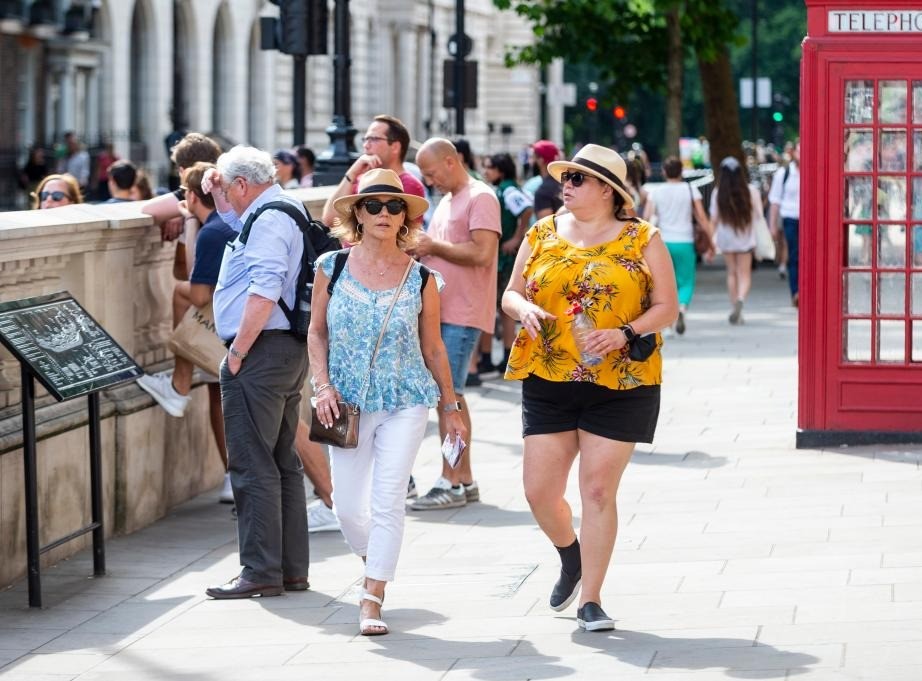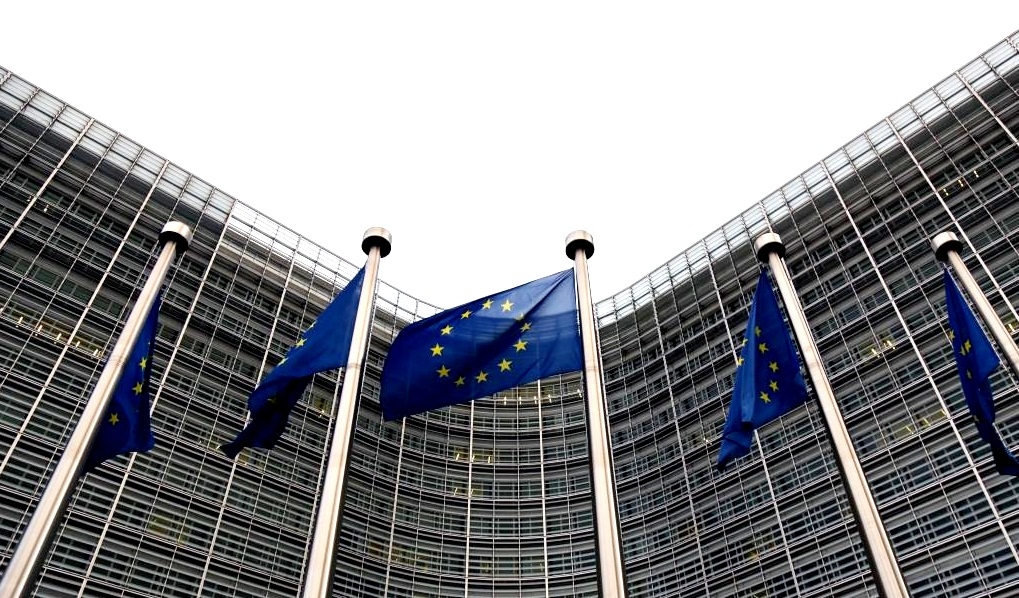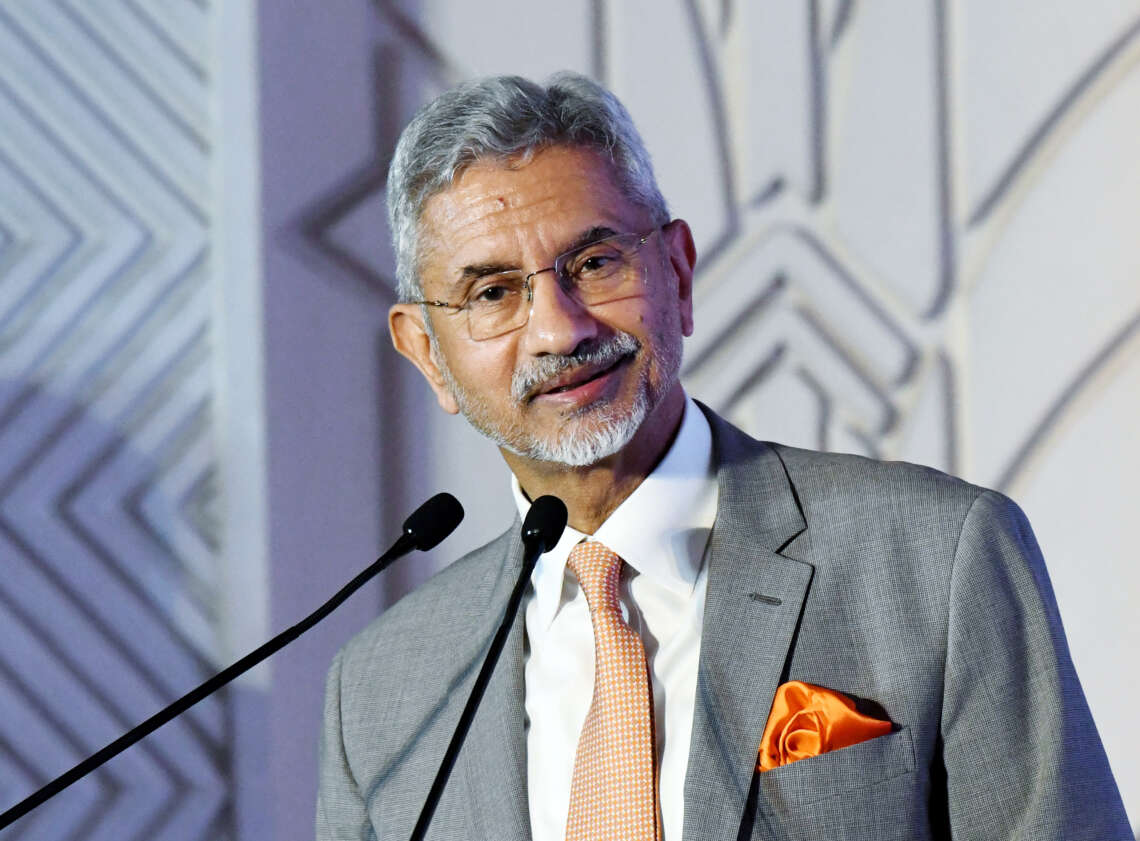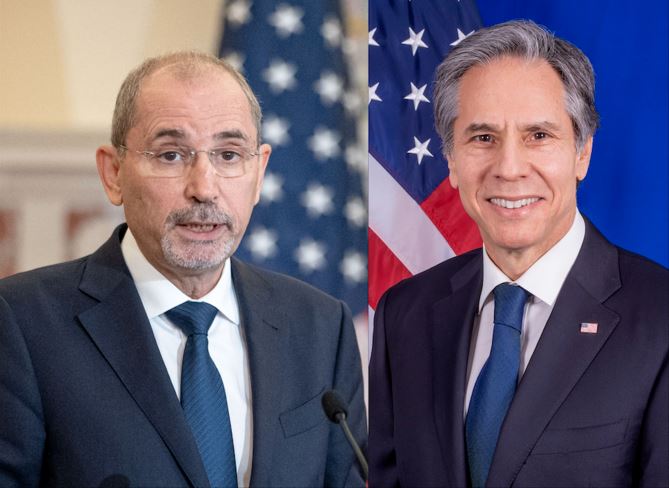Meta-owned WhatsApp says on its website that the change in Europe is to ensure “a consistent minimum age requirement for WhatsApp globally.”…reports Asian Lite News
Social media giant Meta is facing criticism for lowering the minimum age for WhatsApp users in Europe from 16 to 13. The move has been condemned by children’s rights advocates who have urged Meta to reverse the decision.
According to The Guardian, the change was announced in February and was implemented in the United Kingdom (UK) and the European Union (EU) on Wednesday (10 April). This comes amid an ongoing debate over the use of smartphones by school-going children and how harmful it can be.
To bring the messaging platform in line with the EU’s new online safety laws, WhatsApp updated its terms of service and privacy policies, including lowering the minimum age to 13, reported Mirror.
Meta-owned WhatsApp says on its website that the change in Europe is to ensure “a consistent minimum age requirement for WhatsApp globally.”
UK-based campaign group Smartphone Free Childhood said that the move “flies in the face of the growing national demand for big tech to do more to protect our children”, reported The Guardian.
“Officially allowing anyone over the age of 12 to use their platform sends a message that it’s safe for children. But teachers, parents and experts tell a very different story. As a community we’re fed up with the tech giants putting their shareholder profits before protecting our children,” the group added.
Daisy Greenwell, the group’s co-founder, said in a statement that WhatsApp was “putting shareholder profits first and children’s safety second”.
She called reducing the age limit “completely tone-deaf”, adding that it “ignores the increasingly loud alarm bells being rung by scientists, doctors, teachers, child safety experts, parents and mental health experts alike” over the dangers of social media use for children, reported CNN.
Conservative MP Vicky Ford said Meta’s decision to change the age limit without consulting parents was “highly irresponsible”.
However, WhatsApp has defended its decision. A spokesperson for the messaging platform told CNN, “We give all users options to control who can add them to groups and, the first time you receive a message from an unknown number, we give you the option to block and report the account.”
WhatsApp also gives accessibility only to those who have the user’s phone number. Users can also restrict their visibility through Privacy Settings.
However, questioning the efficacy of WhatsApp’s safety features, Smartphone Free Childhood said the app could be disruptive for teens at schools like other social media platforms. The group warned about young people having “unrestricted internet access in their pockets” and its wider impact on their development, mental health and social lives, reported Sky News.
Other famous social media and messaging platforms, including Facebook, Messenger, Instagram, Snapchat, TikTok, and X (formerly Twitter) list 13 as their minimum age requirement for users.
WhatsApp’s recent change has sparked criticism amid the ongoing debate in the UK over age limits for young people using mobile phones and social media.
As per a blog by the National Society for the Prevention of Cruelty to Children (NSPCC), children are exposed to many risks on WhatsApp such as getting unwanted messages or calls, feeling pressure to respond, and cyberbullying among others.
According to a recent poll from the charity Parentkind, over four in five, or 83 per cent, parents believed smartphones were “harmful” to children and young people. Moreover, 58 per cent of parents said the UK government should ban smartphones for children under 16 years, reported Sky News.
Speaking to inews.co.uk, Dr Emma L Briant, Associate Professor of News and Political Communication at Melbourne’s Monash University in Australia, reacted to the age policy change in Europe and said, “Kids already find ways to get around age restrictions but this sends a deeply unhealthy message that the app is okay for a younger audience.”
She also flagged that WhatsApp’s features like disappearing messages and end-to-end encryption evoke a sense of privacy and “encourage over-sharing of intimate photos”.
“While Meta encourages parental controls and for parents to talk to and educate their kids, kids of that age experience extreme social pressures already, and even if your kid is emotionally mature enough not to do this, they may be added to groups with other who are not,” Dr Briant added.
Esther Ghey, whose teenage daughter Brianna Ghey was killed, has been campaigning for age restrictions on the usage of smartphones and stricter control on access to social media platforms.
The UK government is mulling proposals to ban the sale of mobile phones to people under 16, as per The Evening Standard.
Last year, Meta, which also owns Facebook and Instagram, caused an uproar when it tried to lower the minimum age for its virtual reality app from 13 to 10 years old in the United States despite pushback from lawmakers.
ALSO READ: ‘Birds of Goodness’ executes 33rd humanitarian aid airdrop














